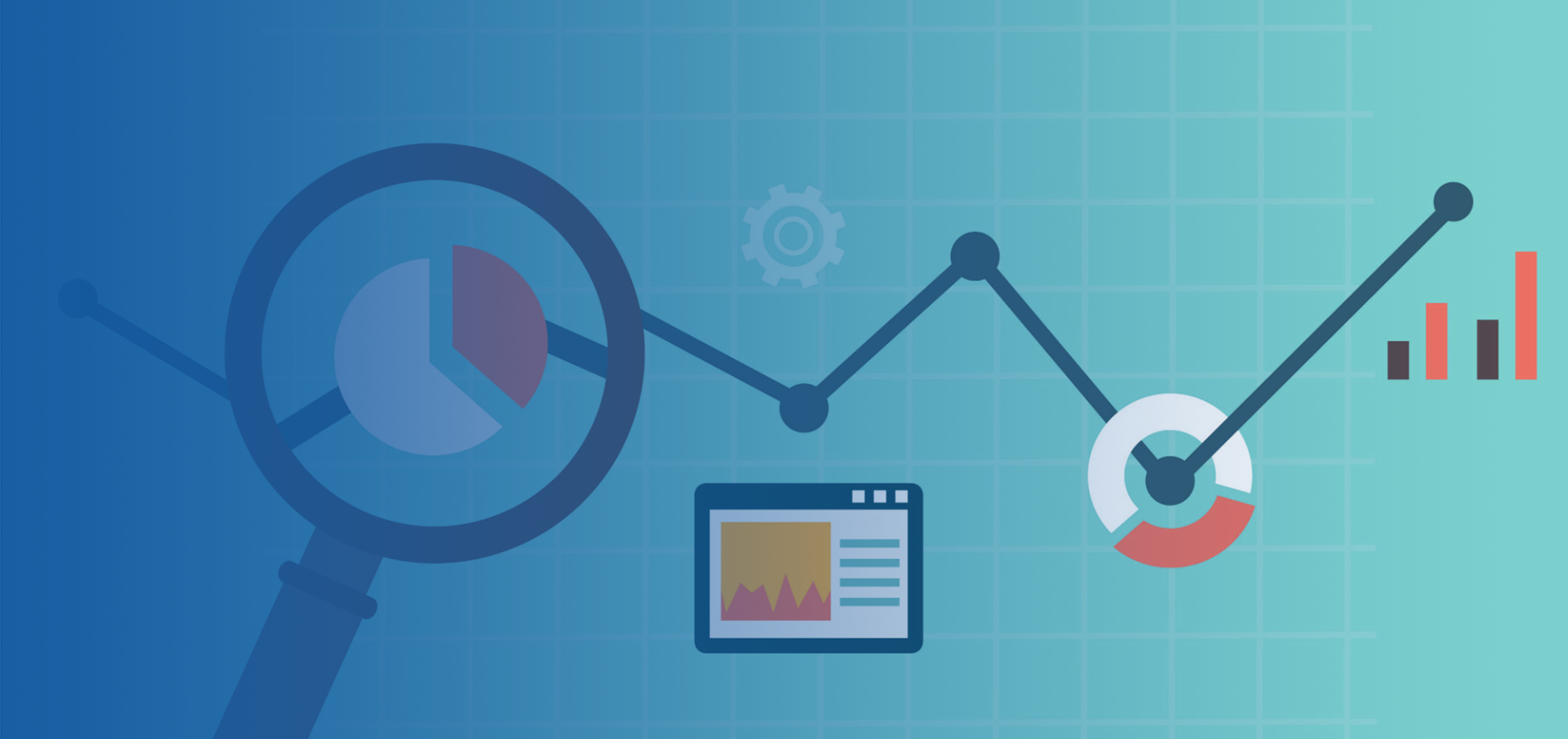
Unfortunately, the use of analytical tools is not yet the norm in the Southeast Asia market – whether in first-world Singapore or in developing markets like the Philippines.
We asked Lilian Fernando, finance expert in both the Philippine and Singapore markets, and former regional controller for a large multinational firm, on how Finance leaders can best leverage analytics to be more effective in their organizations.
1. How does Analytics help improve the performance of a company?
Analytics helps corporate leaders make better business recommendations and decisions by making data more easily understood with graphs, tables and other visual tools. Also, with a combination of more data points, more variables in decision making can be put together to show trends or to help get better predictions on revenues of future product launches and on sales. With these tools, businesses can decide whether they have the right variables in place to hit their targets, or if they have to further adjust what they control.
2. What important insights will CFOs get from Analytics?
CFOs will be able to clearly see where correlations exist between the variables. It will help them answer questions like the impact of increased spend and how it can improve sales over time or whether that spend will hit the returns that the company wants. Predicting the future becomes more of a science as data is no longer just a dump but can now be shown in relation with each other.
3. Which are the different tasks that would benefit from the use of Analytics?
There are numerous tasks, particularly in the finance area, that would greatly benefit from analytics. Financial Planning and Strategic Decision making, for one, would benefit most from ERP analytics. Analysis of historical data is also needed in Internal Audit and Compliance to show any unusual bumps that could indicate misappropriations in the past that need to be investigated further.
Budgeting is an exercise that relies heavily on how one sees historical trends mixed with current economic conditions. Determining plans for new products and revenue streams would need analytics as well as it takes market trends into consideration. Gaps to budget are more easily seen and predicted and adjustments can be made with sufficient time to execute with the use of analytical tools.
4. You used to be part of one of the largest manufacturing firms in the region. What specific KPIs should manufacturing firms track through Analytics?
There are a lot of KPI’s that you can keep track of in manufacturing:
- The productivity of each shift in the production line which could be measured by the amount of product, waste and downtime that each shift had. Analytics can also measure each step in the production process to see if productivity can still be further optimized.
- The efficiency of logistics in moving products from one location to another. Tracking the time that it leaves one warehouse to another, correlated with the different methods of transport or with different transport companies that used. More minutely, how the logistics team can get the finished products ready for delivery with each step timed and tracked.
- The cost efficiencies in running a plant can also be tracked by correlating overhead costs with how the productivity of the plant.
Want more info? Make sure you contact us for all these trending topics and more.
5. What are the top three best practices that CXOs should adopt?
- As the world keeps changing, it is important that CXO’s are able to keep themselves abreast with what is happening around them and how it will impact the business that they are managing. Businesses are constantly being disrupted and it would be good to be able to have a view of what external trends are coming in the industry that they belong to.
- CXOs should also look at ways to improve how they leverage internal data. With the advent of big data and analytics, what was once impossible to do is now very much possible. Combining the external views and trends with internal data provides CXOs with better insights and can be more confident in their recommendations and business decisions.
- CFOs, in particular, need to understand the business and industry they are in. Finance is seen as a skill that one can transfer across industries. This is an advantage as one can bring the best of their experiences to their companies. However, the more successful CFO’s always understand the business side of things, this way they get a better seat at the table as they are in a less biased role and can complement the CEO in looking across all corporate functions and product lines.


